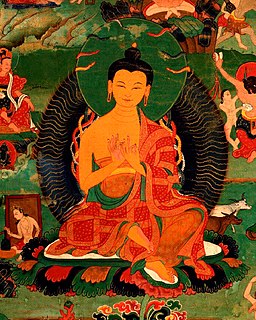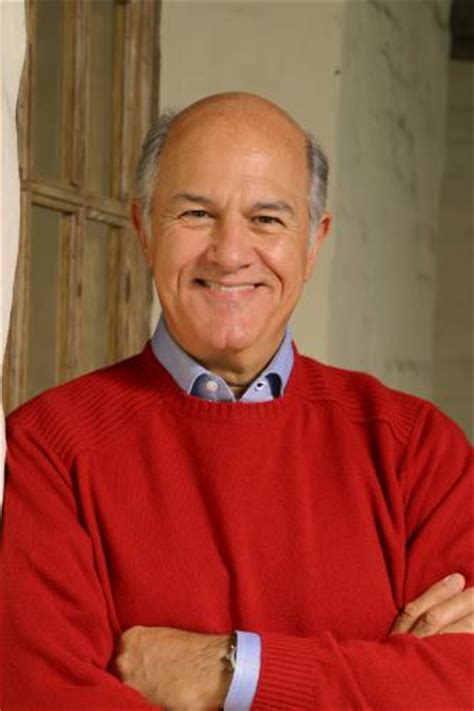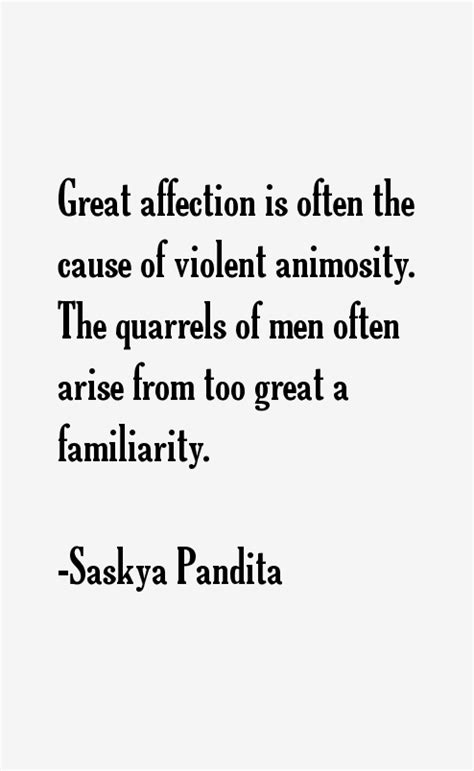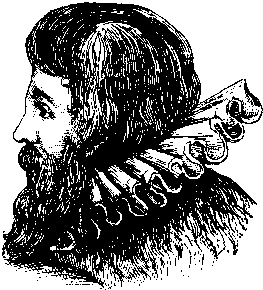A Quote by Akkineni Nagarjuna
So, to praise others for their virtues - Can but encourage one's own efforts
Related Quotes
Leaders encourage others to continue the quest and inspire others through courage and hope. Leaders give heart by visibly recognizing others' contributions to the common vision. With a thank you note, a smile, an award, and public praise, the leader lets others know how much they mean to the organization.
This food-and-shelter theory concerning man's efforts is without insight. Our most persistent and spectacular efforts are concerned not with the preservation of what we are but with the building up of an imaginary conception of ourselves in the opinion of others. The desire for praise is more imperative than the desire for food and shelter.
I firmly believe that if you follow a path that interests you, not to the exclusion of love, sensitivity, and cooperation with others, but with the strength of conviction that you can move others by your own efforts, and do not make success or failure the criteria by which you live, the chances are you'll be a person worthy of your own respects.
This sutra enjoins a rule of morality. It says nobody should be disrespected. A man can impress evdrybnody by his virtues. Disrespecting others means downfall of our own virtues. A person who disrespects others, in a way disrespect himself. A virtuous man does not disrespect his friend or vevn his enemy. Disrespect to enemy can investigate him toreact. The best thing is to destroy him completely. For a ruler this is very important.
Patriotism is proud of a country's virtues and eager to correct its deficiencies; it also acknowledges the legitimate patriotism of other countries, with their own specific virtues. The pride of nationalism, however, trumpets its country's virtues and denies its deficiencies, while it is contemptuous toward the virtues of other countries. It wants to be, and proclaims itself to be, "the greatest," but greatness is not required of a country; only goodness is.




































